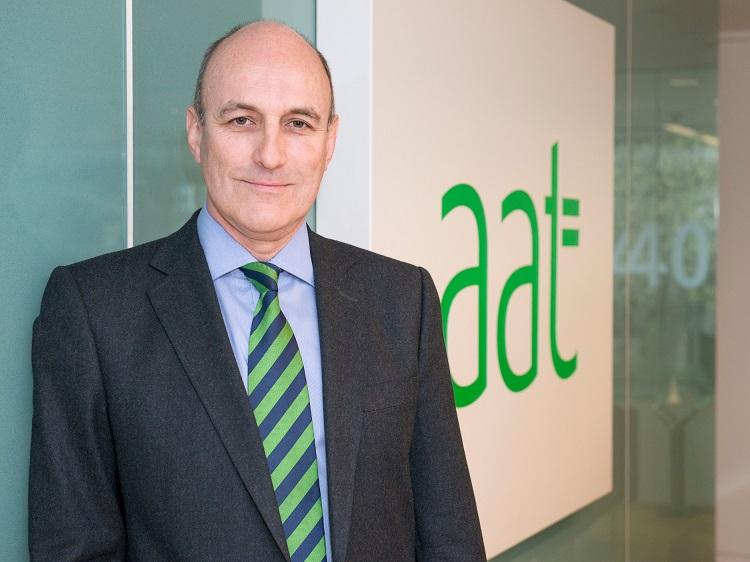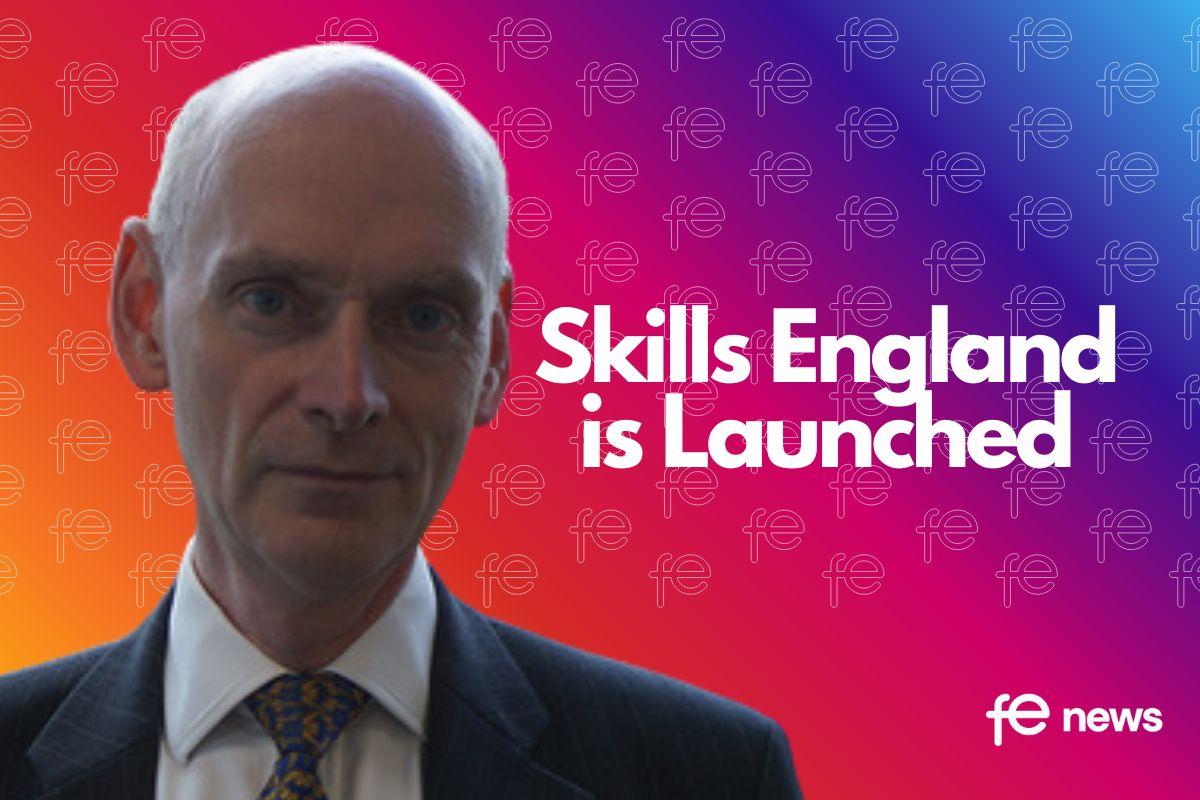Autumn Budget 2017: the Apprenticeship Levy doesn’t go far enough

The Autumn Budget is scheduled to take place in November; the first Autumn Budget held since 1996. Ahead of this, AAT (Association of Accounting Technicians) has written to Chancellor Phillip Hammond setting out a series of recommendations, including an expansion of the existing apprenticeship levy, with the money raised from it able to be spent on a wider range of training.
AAT is the leading qualification and professional body for vocational accountants in the UK, offering qualifications that can provide a non-degree route into accountancy. Many of our students study for our qualifications through apprenticeships, including school and college leavers looking for high quality alternatives to university, and older people hoping to start a new career.
We have long supported measures to address decades of chronic underinvestment in skills, and welcome the Government’s commitment to three million apprenticeship starts by 2020, as long as they are supported by a focus on timely completions and overall quality. We welcome opportunities for good quality and suitable apprenticeship schemes that offer work-ready skills into the UK’s workplaces; provided those who undertake them are able to access sustained employment opportunities on completion of their apprenticeship.
But while supportive of the increased focus this year on apprenticeships, we believe that the UK’s skills needs extend beyond their scope. By renaming the apprenticeship levy as the skills levy, or as the apprenticeship and skills levy, the varying requirements of different industries can be better met. Enabling levy monies to be spent on high quality traineeships in addition to apprenticeships, will further help to promote skills and benefit individuals, employers and the wider economy.
Following the introduction of the apprenticeship levy in April, the focus has shifted towards whether more employers will take the opportunity to consider how greater take up of apprentices can work to the benefit of their company. Many organisations are seemingly still unsure as to how the levy might benefit them. Some organisations have unfortunately seen the levy as “nothing more than an additional tax on their payroll”, and say they face “unsustainable” costs as a result of it. Increasing the forms of training that levy payments can be used for could help those businesses value it more, if it creates more options and flexibility for training their existing staff and not just those about to come through the doors at the start of their career in that industry. As the country moves towards Brexit and the need to improve productivity in support of industrial strategy takes on increased importance, we need to recognise the upskilling or reskilling needs for those already in the workforce. It is also important that training holds value in the eyes of employers, and provides transferable skills and knowledge for the individual.
Increasing the flexibility of the levy would also foster improved productivity across the whole workforce, deliver greater value for money and yet have no significant revenue implications for the taxpayer. We are not alone in thinking that doing this would improve matters. Last year AAT surveyed MPs across all parties on this issue and found that 65% support its suggestion that the levy should be developed to allow funding for skills other than apprenticeships.
We hope that the Chancellor will consider our recommendation for the apprenticeship levy. If he does so, this could help the UK create the skilled talent it needs to remain competitive in what may be uncertain years ahead. We need to ensure that reforms in training and skills are fit for purpose to make the future even brighter for the next generation.
Mark Farrar, Chief Executive, AAT











Responses